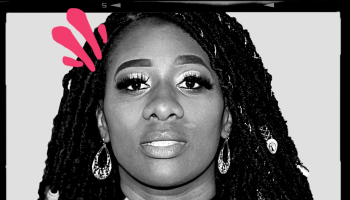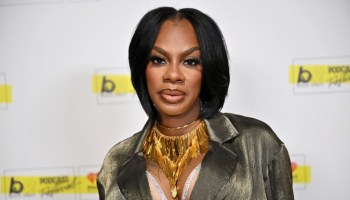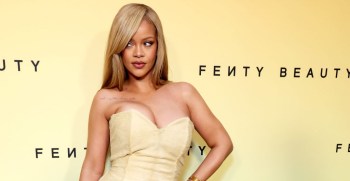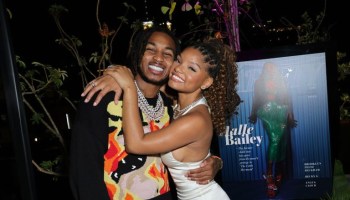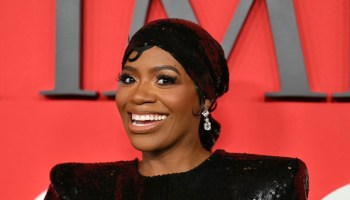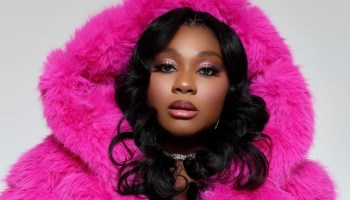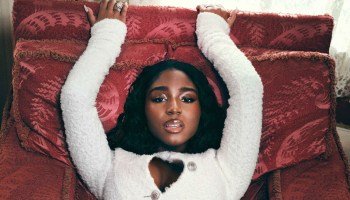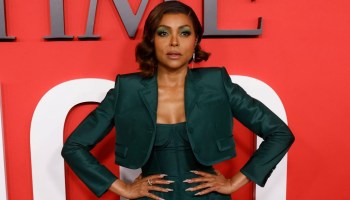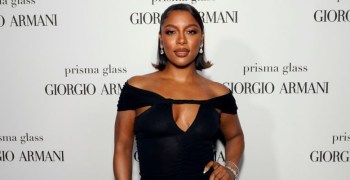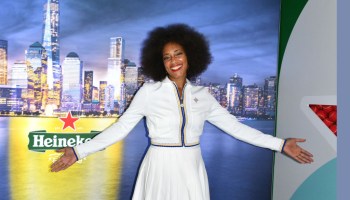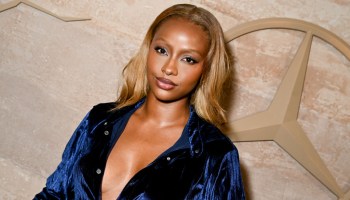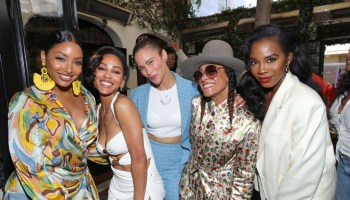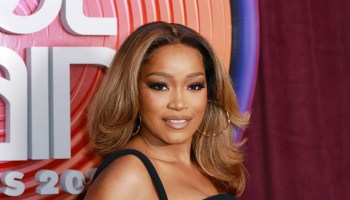Every single person who loses their life, matters. Some of those deaths make national news. Whether it’s an overzealous neighbor who happens to be White, shooting an unarmed Black teen–George Zimmerman and Trayvon Martin. Or it’s a White man who reacts to a Black woman on his porch by shooting her in the face–Theodore Wafer and Renisha McBride. Or even a White woman who lies to the police about the whereabouts of her two-year-daughter, only to end up walking free–Casey Anthony. Or most recently, another two unarmed Black men who were gunned down by police officers who felt deadly force was necessary–Michael Brown and Kajieme Powell; one thing is for certain, every life lost…is a life that matters, but why is it that we only know or hear about a handful of those tragic stories?
Not every violent or shocking death makes the news, sparks hashtags for social media movements or incites protests and riots. Some deaths, like that of 9-year-old Antonio Smith, who was gunned down in an alley in the South Side of Chicago, or 22-year-old Victor White III, who was handcuffed in the back of a police cruiser when police claimed he shot himself, don’t get nationwide support and outrage. Where are the hashtags for these young men? Why is there no palpable outrage? No civil rights leaders gathering to give a voice to the voiceless?
The Chicago Tribune reported on Smith’s murder and questioned the reaction to it, which was deafening silence:
“In Chicago, young African-American and Latino men and boys and girls are shot down far too regularly, by neighbors, meaning other Black and Latinos. Venting outrage at police is easier, and it’s politically advantageous. Venting at neighbors is a bit more complicated and dangerous. The neighbors will still be there on the block long after the columnists and the TV cameras leave. People are afraid. They don’t want their children to pay for anything they might say.”
Would the reaction to Smith’s death have been louder had he been gunned down by the police? Likely not. Victor White III’s death in the back of the police cruiser, while handcuffed was called a suicide by the Louisiana State Police. The press release that was sent out the day White died claimed that he shot himself. However, the coroner proved a very different tale.
This delayed report (six months after Smith’s death) showed that he was shot in the front, not the back (handcuffs remember). The bullet entered his right chest and exited under his left armpit. White was left-handed, according to family members. According to the report, the forensic pathologist found gunshot residue in the wound, but not the kind that a close-range shot can sometimes produce. He also found abrasions on White’s face. The authorities also never tested White’s hands for gun powder residue. This sounds like a solid foundation for Black people to gather and protest, but they’re not.
USA Today reported that on average there were 96 cases of a White police officer killing a Black person each year between 2006 and 2012, based on justifiable homicides reported to the FBI by local police. While 96 isn’t an overwhelming number, it is when you think about people rallying around each and every one of these cases with the same fervor they have for Michael Brown. And this isn’t even counting the number of Black deaths that are not at the hands of police officers. Even when I try to search the stats for Black people who are gunned down in America (and not by police), there’s pages of results that point the finger at police brutality.
Actor and comedian, Orlando Jones sparked the “Bullet Bucket Challenge” to call attention to the disease in our country called apathy, something he believes is way bigger than one tragedy in Ferguson:
“It festers and grows every time we see oppression in the world and do nothing. An injustice anywhere is an injustice everywhere. In my humble opinion, apathy is a curable disease. Killing unarmed Black men is a curable disease. Denying any human being their human rights for any reason, again, a curable disease.
I think as long as we make sure to look at these things globally, you can truly affect a conversation that is meaningful. The civil right movement was a human rights movement. We’re still in that fight and people of color live all over the globe. Disenfranchised people live all over the globe. We’re all human. It’s human rights.”
Whether or not an untimely and violent death makes national news, we need to make noise about it. Whether it’s gun violence, rape or a stabbing, it’s up to us to start the racket within our communities. Social media does a wonderful job in allowing news to spread at an exponential speed, but we need to make sure we’re doing more than creating hashtags. What’s the activism behind it?
While it may be impossible to rally around every single sad and fatal story, it’s not impossible to care and spread the news. What are your suggestions for ways for us to give more attention to the violent deaths that happen in our community that don’t get the national attention? Sound off in the comments below.
RELATED STORIES:
Healing In Missouri: Iyanla Vanzant Heading To Ferguson For “Fix My Life”
Don Lemon Went To Ferguson & Realized He’s One Of Us…Black [OPINION]
Check Out This Gallery Of Mike Brown Supporters:
